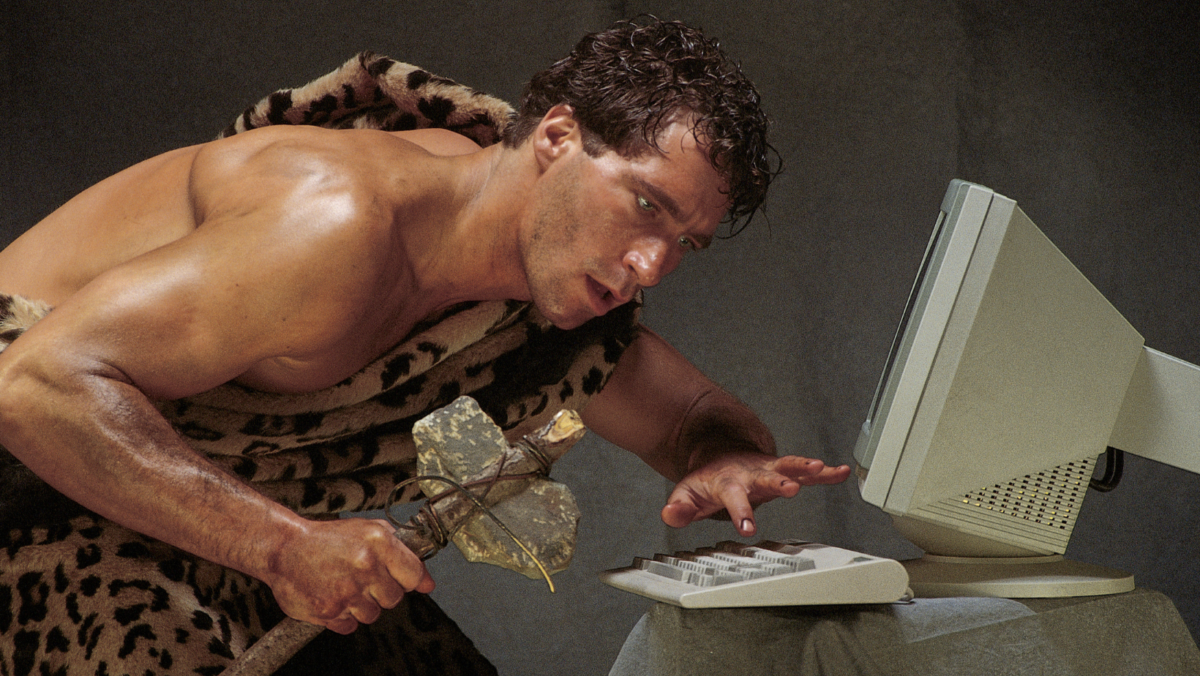Updated July 27th 2023
Setting the Scene
Yesterday morning as I arrived into the train station, there was a young man ahead of me about to put his ticket through the machine to go on to the platform. Mid-movement (his ticket had not entered), there was an announcement on the tannoy; something about the trains being delayed. I couldn’t make out what the man on the tannoy was saying but I noticed the look of displeasure on the young man’s face. I asked him if he had heard it properly as I had not. He rolled his eyes to heaven, he sighed, and said ‘the trains are running 30 minutes late! I can’t believe this! It’s f***** ridiculous!’. He then stormed out of the station. I took my phone out and looked up the train timetable.
Another Perspective
According to the timetable the trains were running on time. Another woman came into the station behind me. She was looking to purchase her ticket. I was about to tell her that there might be a delay with the trains when she started giggling. I looked at her, and she said ‘yer man’s asleep’, referring to the guy at the ticket desk. We both giggled. I noticed how different her reaction was to not being able to get what she wanted compared to the young man before her.
The Journey
Anyway, I took my chances and proceeded through the machine and towards the platform. Just as my foot lifted from the last step a train pulled in!
As I settled into a seat with a perfect view of Dublin Bay, I reflected on my good luck and found myself thinking about the young man who had rushed off in a huff. He was now off somewhere, finding alternative arrangements to get to his destination. He probably had to walk to the other end of the village to get the bus or go home to get a car to drive to the city and park. Either way he had probably added at least a half hour to his journey, and cost himself even more money if he was making alternative arrangements having already paid for his train ticket.
His journey could have been so much simpler if he had just stopped, taken a breath and used the resources to hand (e.g. his phone), or woken the guy at the ticket desk up to ask his advice (another resource), or even asked me to check the timetable on my phone (I am happy to be used as a resource sometimes). I also reflected on how his reaction appeared to be one of victimization at the hands of the rail system, as though they planned for the trains to be running 30 minutes behind schedule.
My Question To You
Where in our lives and in work are we playing the victim? Where are we not checking the facts? Where are we making assumptions based on initial information and getting angry or upset about it? And are we actually making choices about how we react to situations and people?
Take a few minutes to reflect, because almost 100% of people we work with, regardless of background, organization, culture, and experience, rarely catch or are aware of themselves doing these things, until we draw their attention to where all these things are showing up for them. If you take the time, your train might just come in when you want it to 😉

